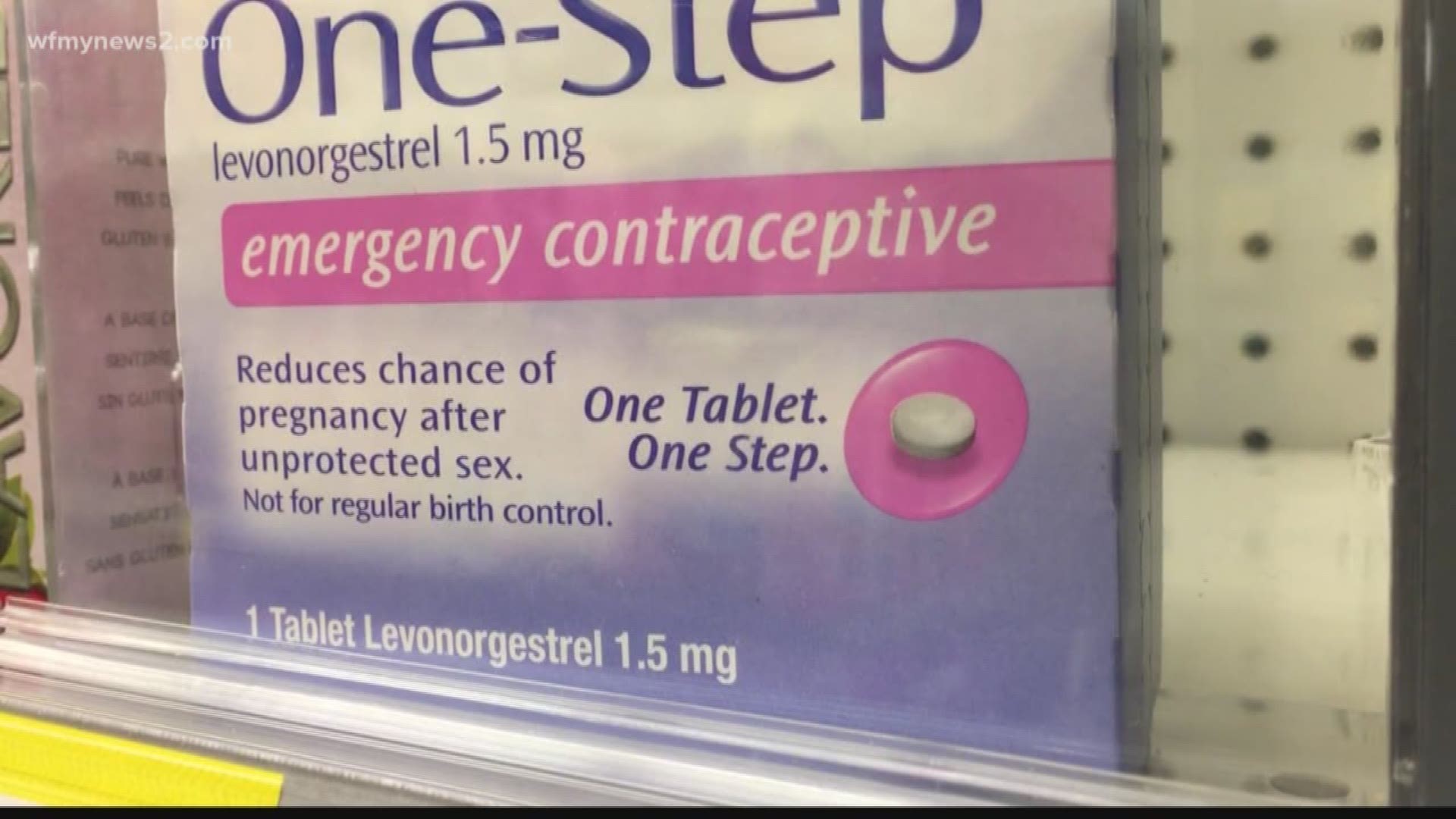GREENSBORO, N.C. — The CDC says the average weight for women in the U.S. is about 170 pounds.
While that may not surprise you, some researchers say if a woman weighs around that number or over, it could lessen the effectiveness of morning after pills like Plan B.
"We don't know why, it might have to do with serum levels, but the weight that we see that it has decreased efficacy, depending on the study, is either 165 or 175, so we like to quote 175 based on the current data." North Carolina OBGYN Dr. Pollock said.
Dr. Pollock says too many people aren't aware.
"It's not on the FDA black box warning, that's why a lot of people don't' know about it…It's not on the package insert, not a lot of pharmacists know about it," Pollock said.
Other medical experts say weight shouldn't be the main focus. Instead, they say pay close attention to Body Mass Index (BMI).
Some studies show Plan B is less effective for women who have a BMI over 25.
"There's other form of birth control or emergency contraceptive that is more effective in their weight class," Pollock said.
Dr. Pollock says the ella pill can work best for women 175-195 lbs. And the copper IUD works best for women weigh more more than 195.
Both will require speaking with a doctor, which Dr. Pollock says is always the best option.
"The more we educate our patients about it, the more they're going to understand how it works," Pollock said.
In the meantime, less effective—even potentially ineffective—isn't the same as definitely ineffective.
Doctors say if Plan B is your only option take it.
If you are worried your weight maybe borderline when taking Plan B, doctors say don't take an extra dose.
There's no research out yet to suggest that will help.

